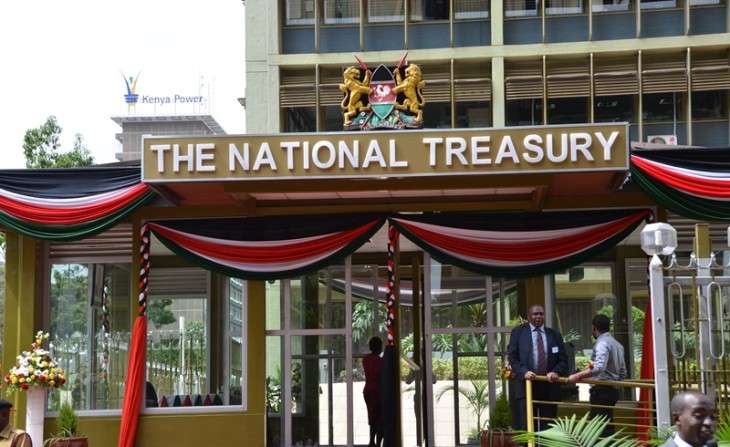Business
President Ruto’s Plan to Reduce Kenya’s Debt.

President Ruto has directed the treasury to cooperate with various ministries to raise Ksh300 billion to reduce the country’s debt.
He mentioned his plans during a bicameral joint meeting at the national assembly. His government plans to reduce the debt so that by the third year, there will be a recurrent surplus budget. They will achieve this by ensuring that the tax system is responsive to the economy’s needs.
“It must be equitable, efficient, and customer-friendly. The economic principles of equitable taxation require that the tax burden reflects the ability to pay,” he said.
“This is best achieved by a hierarchy that taxes wealth, consumption, income, and trade in that order of preference. Our tax regime currently falls far short of this. We are over-taxing trade and under-taxing wealth. We will be proposing tax measures that begin to move us in the right direction.”
He hinted at a change of the Kenya Revenue Authority (KRA) to Kenya Revenue Service to serve the customers. This change will be to make it a people-friendly and customer-centric organization.
Also, the president argued that the large borrowing requirement had sabotaged the business sector’s efforts. This has made it difficult for them to contribute to national savings and investments.
“These measures outlined above will also address the government crowding out the private sector from the credit market. It will encourage banks to go back to lending to businesses and bring down interest rates so that the private sector can contribute to reducing the savings-investment deficit,” he stated.
President Ruto also argued that National savings could easily be deducted from National Social Security Fund (NSSF), but the meager payments made cannot raise enough for the protection. The issue of exclusion is also a problem because only people with formal employment are included.
“In many countries, social security and particularly pension system contribute significantly to the national savings. Our current social security infrastructure, public, NSSF, and private, only cater for people in formal employment, thereby excluding the vast majority of working Kenyans,” he explained.







